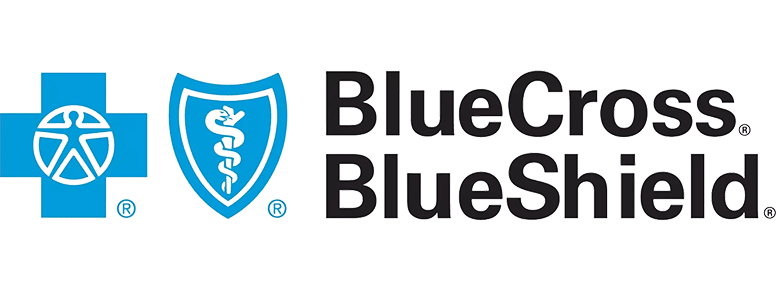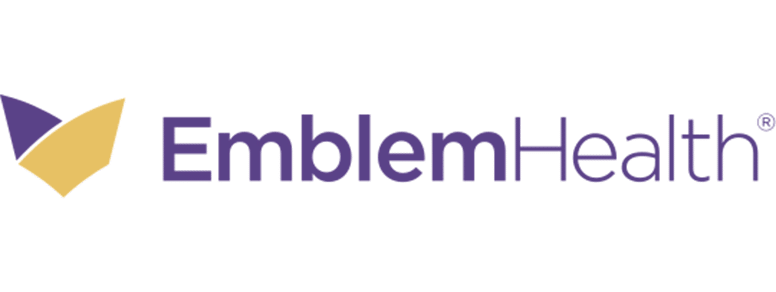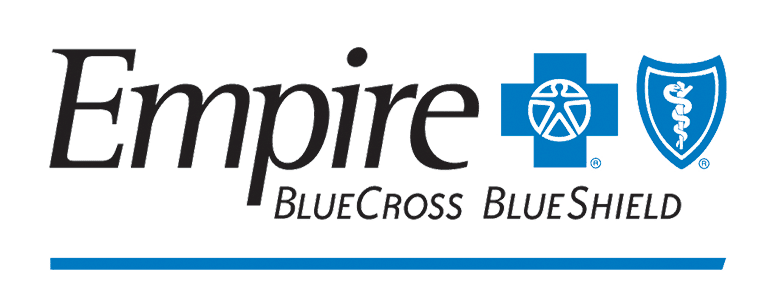Does Insurance Cover Rehab?

Health insurance plays a crucial role in providing individuals with the necessary support and coverage for rehab. Many health insurance plans provide coverage for addiction treatment and mental health services, not only because it is mandated by the Affordable Care Act but also because they recognize the importance of addressing these issues to promote overall well-being.
These insurance plans often cover various aspects of addiction treatment, including detoxification, inpatient and outpatient rehabilitation, therapy sessions, and medication-assisted treatment. This coverage ensures that individuals seeking help for addiction can access the necessary services without facing excessive financial burdens.
It’s essential for individuals to explore different insurance plans to find the one that best suits their needs, as addiction treatment programs coverage can vary among insurance providers. Being informed about the insurance coverage for addiction treatment programs available through different insurance companies empowers individuals to make well-informed decisions about their mental health and addiction recovery journey. Ultimately, having health insurance plans that provide coverage for addiction and mental health treatment can cover expenses associated with seeking the help and support needed for recovery.
Behavioral Health Centers Insurance Providers
Recognizing the importance of financial support in the journey to recovery, we accept various insurance plans to ensure that our clients can access the high-quality rehab program they deserve without the burden of excessive pay out of pocket costs. Here are some of the insurance provider companies we accept.


Aetna, a subsidiary of CVS Health, is a well-established insurance company known for its commitment to providing comprehensive coverage for drug and alcohol rehab. Aetna’s substance abuse treatment coverage typically includes services such as detoxification, inpatient and outpatient rehabilitation programs, individual and group therapy, and medication-assisted treatment.
Aetna, a subsidiary of CVS Health, is a well-established insurance company known for its commitment to providing comprehensive coverage for drug and alcohol rehab. Aetna’s substance abuse treatment coverage typically includes services such as detoxification, inpatient and outpatient rehabilitation programs, individual and group therapy, and medication-assisted treatment.

What distinguishes Blue Cross Blue Shield is its vast network of healthcare providers and facilities, offering a wide range of specialized treatment options. Their commitment to addressing drug and alcohol addiction is underscored by their comprehensive insurance plan, which often features competitive rates and accessible resources, ensuring that individuals receive the support they need on their path to recovery.

Cigna, a prominent private insurance, offers a distinctive approach to addiction and mental health treatment services. What sets Cigna apart is its commitment to holistic and patient-centered care. They prioritize individualized treatment plans, ensuring that individuals receive essential health benefits and effective addiction treatment services for their specific needs.

EmblemHealth’s commitment to fostering well-being through quality rehab insurance coverage makes it a valuable resource for individuals on their path to recovery. Treatment centers across Florida are partnered with EmblemHealth which covers both inpatient rehab and outpatient rehab.

Empire Insurance has established itself as a notable provider of health coverage for drug addiction and mental health treatment programs. They frequently collaborate with a rehab center with cutting-edge treatment facilities and specialists, ensuring that individuals receive the latest in addiction recovery.

GEHA insurance is well-regarded for its commitment to serving federal employees and their families, providing them with access to a wide range of essential health benefit services, including behavioral health treatment. With GEHA insurance, government employees can seek help with confidence.

TRICARE is a specialized healthcare program that provides comprehensive rehab insurance coverage for active-duty service members, retirees, and their families in the United States military community. The insurance plan recognizes the unique challenges faced by military personnel and their families and strives to provide them with the care and resources necessary to address mental health and addiction issues effectively.
Coverage for Addiction Treatment Under the Affordable Care Act (ACA)
There are a few major ways in which the ACA is designed to help people pay for addiction treatment. In particular, it reduces treatment costs and expands the benefits of employment-provided healthcare coverage to all individual healthcare packages. Health insurance plans are required to cover addiction treatment regardless of preexisting conditions, and addiction itself can no longer be called a preexisting condition for insurance purposes. It’s an essential health benefit (EHB) under the ACA and must be treated as simply a medical condition.
Plans sold on the online Health Insurance Marketplace created by the ACA offer added levels of insurance over non-marketplace insurance plans. That additional coverage includes:
– Home health visits
– Family Counseling
– Medications and medical detox
– Brief interventions
The percentage of costs these plans will cover depends on the tier of the insurance marketplace at which they’re sold. There are four plan levels whose overall cost coverage goes up in 10% increments, from Bronze plans at 60% up to Platinum plans that cover up to 90% of expenses.
The coverage offered by any of these plans might have certain limitations outside the basic parameters the legislation requires. Some, for example, might cover outpatient programs and detox but might not cover the kinds of intensive inpatient programs that are the focus of Behavioral Health Centers’ facilities.
Some states run their own Health Insurance Marketplace platforms instead of using the federal platform. On these, the available kind of coverage will be partly determined by state-specific rules for Medicare and Medicaid.
What If You Simply Don’t Have Insurance?
You can also, where applicable, talk to your employer. In many states, the law requires employers to help with a certain amount of support for addiction treatment; others might offer such support whether required to or not.
An employer can also be prevailed upon to offer extended leave for treatment to ensure you have a job when you return. It might seem scary to have that conversation: but it’s not as scary as losing the job because you didn’t get the help you needed.


